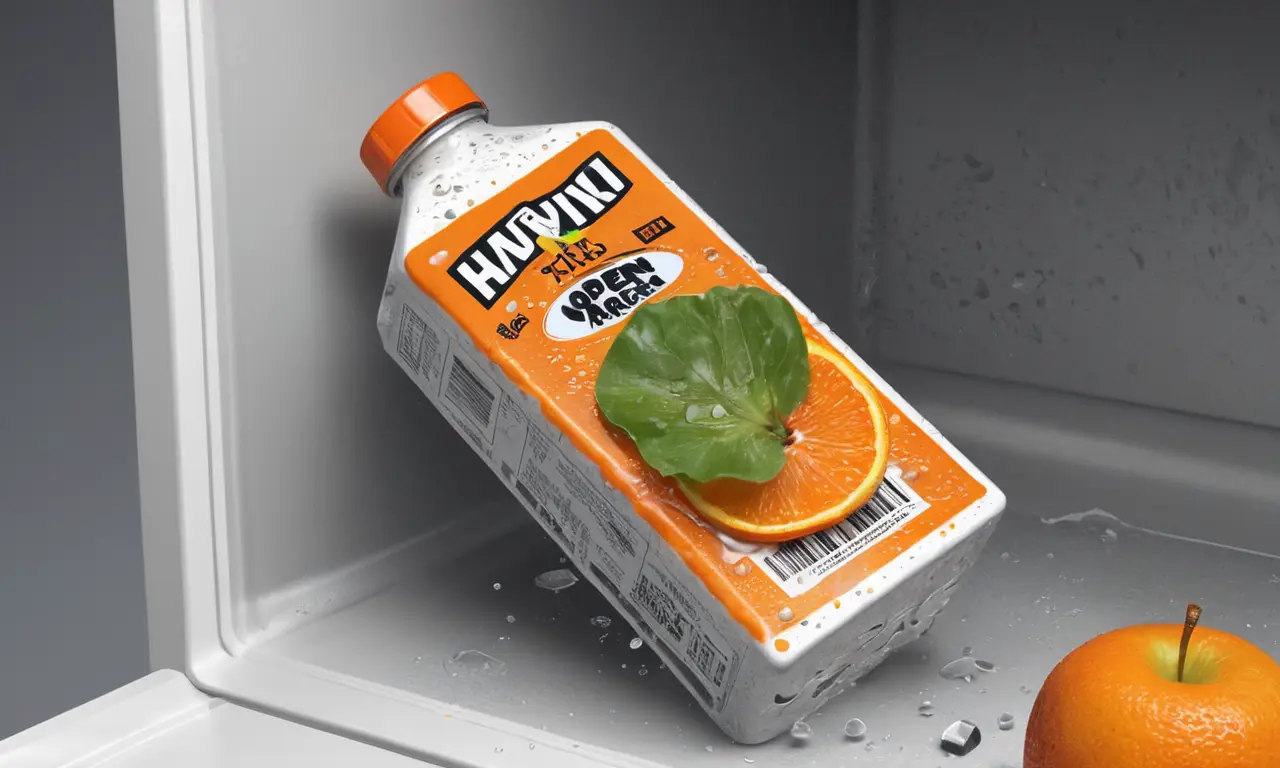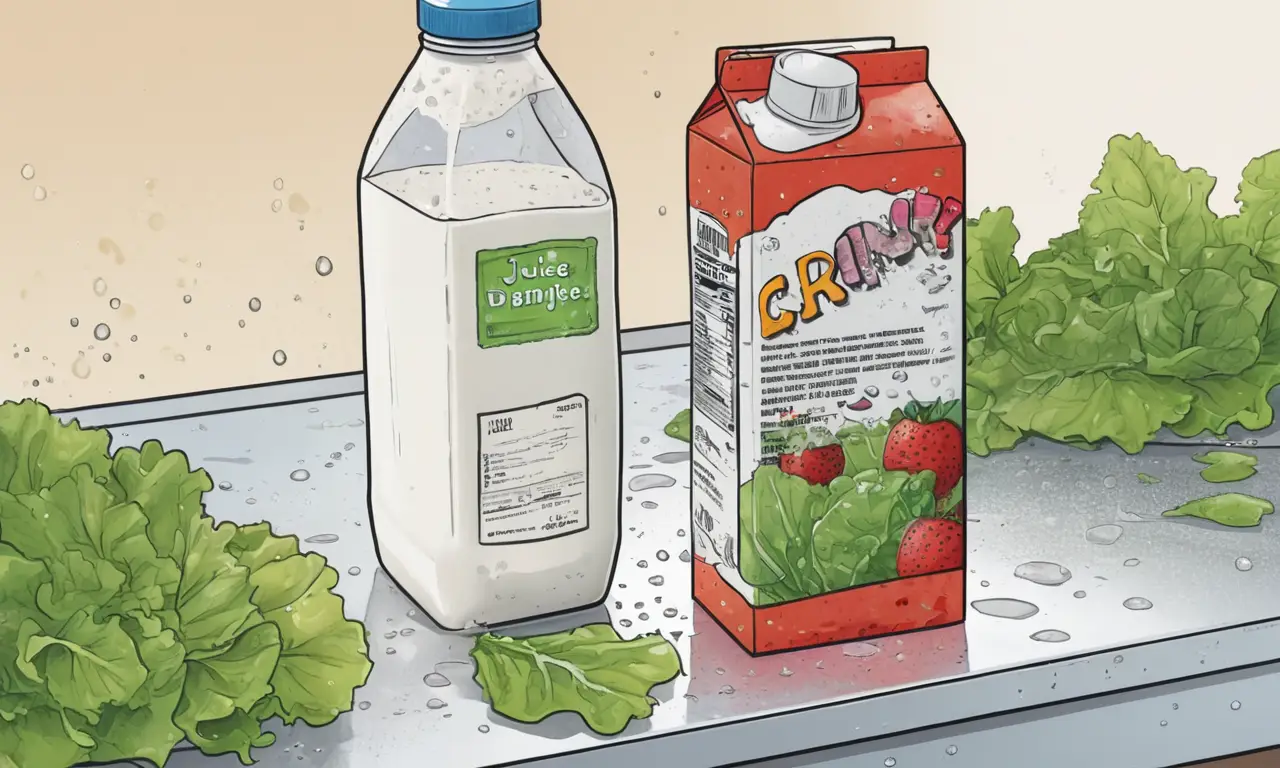We all know that feeling of staring into the fridge, wondering if that carton of juice is still good. Juice expiration dates can be confusing, and it’s natural to question how long it’s truly safe to drink after the “best by” date has passed. This article will delve into the factors influencing juice shelf life, provide guidance on proper storage, and help you determine if that leftover juice is worth risking a sip or tossing in the trash.
This guide will explore the nuances of juice expiration dates, examine the factors affecting their shelf life, and equip you with the knowledge to safely store and consume your favorite beverages. We’ll also discuss the telltale signs of spoiled juice and offer practical tips for making informed decisions about your juice consumption.
Juice Expiration Dates
Juice expiration dates are designed to indicate the period during which the product is expected to maintain optimal flavor, quality, and nutritional value. These dates are not necessarily indicators of safety; unopened juice can often remain safe to consume for a few weeks beyond the “best by” date if stored properly. However, it’s crucial to remember that these dates are estimates and can vary depending on several factors.
The type of juice also plays a role in its shelf life. Pasteurized juices, which have undergone heat treatment to kill bacteria, generally have longer expiration dates than unpasteurized juices. Similarly, juices with added preservatives tend to last longer than those without. Always refer to the specific “best by” or “use by” date on your juice carton for the most accurate information.
Factors Affecting Shelf Life

Several factors can influence how long juice remains safe and palatable after its expiration date.
Temperature:
Maintaining proper refrigeration is crucial for extending the shelf life of juice. Warm temperatures accelerate bacterial growth, leading to spoilage. Store unopened juice in a cool, dark place or in the refrigerator according to the manufacturer’s recommendations. Once opened, always refrigerate juice promptly and consume it within 3-5 days for optimal freshness.
Exposure to Air:
When juice is exposed to air, oxidation can occur, affecting its flavor and nutritional value. This process is accelerated by light exposure. Store juice in airtight containers or tightly sealed cartons to minimize air contact and preserve its quality.
Type of Juice:
As mentioned earlier, different types of juice have varying shelf lives. Pasteurized juices generally last longer than unpasteurized juices due to the heat treatment that kills bacteria. Juices with added preservatives also tend to have a longer shelf life.
Storage Conditions for Juice
Proper storage is essential for maximizing the shelf life of your juice and ensuring its safety.
Refrigeration:
Refrigerate all opened juice promptly after purchase or consumption. Aim for a temperature of 40°F (4°C) or below to inhibit bacterial growth. Store juice in the coldest part of your refrigerator, typically towards the back or bottom shelves.
Airtight Containers:
Transfer opened juice to airtight containers to minimize exposure to air and prevent oxidation. This helps preserve its flavor and nutritional value.
Darkness:
Store juice away from direct sunlight or bright light sources, as these can accelerate spoilage and affect its taste.
Signs of Spoiled Juice

While expiration dates provide a general guideline, it’s crucial to inspect your juice for signs of spoilage before consuming it.
Mold:
Visible mold growth is a clear indication that the juice has spoiled and should be discarded immediately.
Off Smell:
A sour, fermented, or unpleasant odor suggests that the juice has gone bad. Trust your senses; if it smells off, don’t risk drinking it.
Changes in Color:
Significant discoloration, such as a cloudy appearance or unusual hues, can indicate spoilage. Fresh juice typically maintains its original color.
Separation:
If you notice a clear separation of layers in the juice, this could be a sign of spoilage.
Consuming Expired Juice Safely
While it’s generally advisable to avoid consuming expired juice, there are some instances where it might be safe to do so.
How long is juice good for after expiration date? If you have unopened juice that has passed its “best by” date but shows no signs of spoilage, it may still be safe to consume. However, exercise caution and use your judgment. It’s best to err on the side of safety and discard any juice that appears questionable.
When consuming expired juice, always prioritize your health and well-being. If you experience any adverse effects after drinking expired juice, seek medical attention immediately.
Conclusion
Understanding how long juice remains safe after its expiration date is essential for making informed decisions about your food consumption. By considering the factors influencing shelf life, practicing proper storage techniques, and recognizing signs of spoilage, you can confidently enjoy your favorite juices while prioritizing your health. Remember, when in doubt, it’s always best to err on the side of caution and discard any questionable juice.



